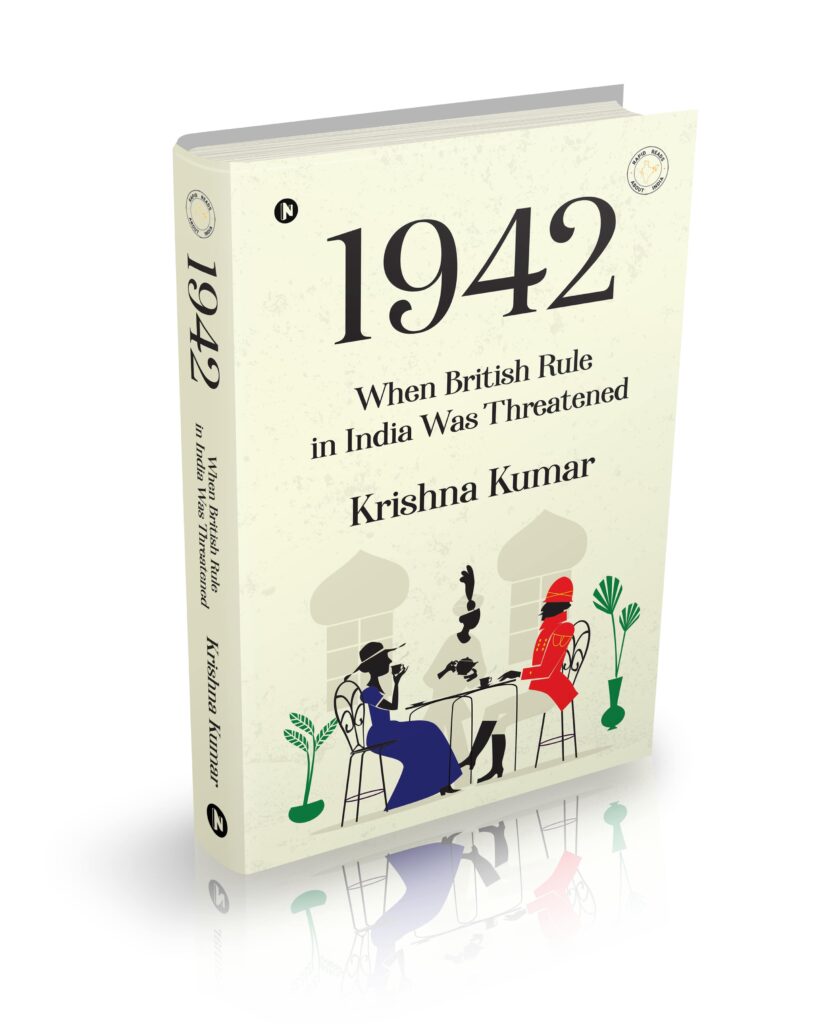
$2.99
1942 : When British Rule In India Was Threatened
The third dent in the aura of British invincibility was caused by the Japanese bombing of India in 1942 and the British reaction to it. The panic that started in the British administration and people was one of cowardice in the eyes of Indians when the British began making plans to evacuate from India. The ports of Eastern India were shut, and British men sent their families to interior areas. Further, it brought out in the open the inadequacy of the Royal Navy, which had always been projected as globally all-powerful and a significant factor in the creation of the global British Empire.
An India that had sent hundreds of thousands of army men to global war but had just eight anti-aircraft guns for its own defense was virtually indefensible at this time. The trained army had been sent to the western and African front, and the British Indian army remaining in India was raw and required practice. There were inadequate aircraft, and naval forces were insufficient as well. All that the army was capable of – was oppressing the unarmed, defenseless civilians.
From another chapter:
Subhas Bose was a charismatic presence in the Indian political scene. Having been jailed 11 times by the British between 1921-1931, he was exiled to Europe in February ‘33 and again arrested on his return in ’36. One British intelligence report of 1929 described Bose as the ‘most dangerous of the extremists’ leaders in Bengal.’[i]
Refusing to join after qualifying for I.C.S., choosing a life of seeking independence for Mother India, and being prepared to live a life of deprivation and suffering had given him a vast aura. His family was largely Anglicized, but he was a devoted worshipper of Ma Kali[1] and always remained connected to his roots.
Later those who worked with him frequently praised him. The statement of S.A. Ayer, earlier the chief correspondent of Reuters during World War II in Southeast Asia and later a minister in Azad Hind Government, is indicative: ‘I worship Netaji. To me, he is India’s savior…’[ii]
He attracted such a devoted following that it was almost a cult where the worship was to Mother India, and the chief priest was Bose. His followers, even today, feel the same way. He is remembered, admired in the media and discourse, and recently his statue was inaugurated on Kartavya Path.[2] – the boulevard that links various locations and centers of the Indian Government. His statue was placed in a canopy that earlier had a statue of George V, and the place had been lying vacant since 1965 when British King George V’s statue was defaced by some people.
Perhaps Ayer’s description is very apt to mention here: ‘The human relationship between Netaji and his soldier was thus unique. Each was prepared to do anything for the other. It was truly a hypnotized army, and it hypnotized him, too.’
[1] Hindu Goddess who is the destroyer of Evil.
[2] Road of obligations or commitment.
[i] Gordon, Brothers, P 130
[ii] Ayer, Unto, P xxii
Share :
- Author
- Category
- Tags
Description
This book provides context, analyzes, and narrates the events of 1942, which shook British Rule of India and eventually led to the collapse of the British Empire.
1942:Japanese armies reached the Northeast Borders of India after taking over Burma (Myanmar). Then, the Japanese bombed Madras, Vizag, and Calcutta.
Ports on India’s East Coast were closed. Almost 100,000 soldiers of the British Indian Army and 400,000 civilians- disease-ridden and demoralized- came to India from Burma, making a tortuous journey with nearly 50-100,000 perishing while trekking through the mosquito-infested jungles.
Earlier, The Japanese had attacked Pearl Harbor and Malaya almost simultaneously. The British-ruled areas of Malaya, Hongkong, and Singapore surrendered quickly. Under Chatfield doctrine, the defense of these areas was the responsibility of British India. Besides, there were a large number of Indians in trade and various professions.
Fearing a Japanese invasion, the British started sending their families to the interior and began planning to evacuate from India.
In Feb ’42, Churchill had informed King George VI that ‘Burma, Ceylon, Calcutta, and Madras in India and part of Australia may fall into enemy (Japan) hands.’
The carefully built myth of British superiority and invincibility lay shattered.
Then, Congress launched the Quit India movement.
The formation of the Indian National Army planted the seeds for the collapse of British Rule.
Only logged in customers who have purchased this product may leave a review.

Reviews
There are no reviews yet.